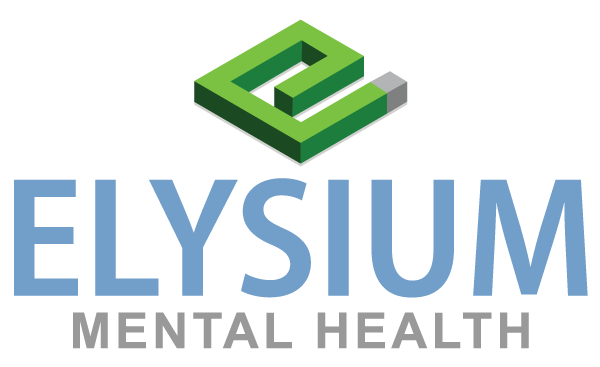Schizophrenia is a chronic and complex mental health condition that affects how a person thinks, feels, and behaves. While the journey to managing schizophrenia is deeply personal, modern schizophrenia treatment has advanced significantly, offering patients and families more comprehensive support than ever before.
This blog explores today’s integrated approach to schizophrenia treatment, covering medication management, therapy, and family and community support—anchored by a strong foundation in psychiatric evaluation.
Comprehensive Psychiatric Evaluation: The First Step

Every effective schizophrenia treatment plan begins with a detailed psychiatric evaluation. This evaluation is essential for diagnosing schizophrenia, understanding the severity of symptoms, ruling out other conditions, and developing a tailored treatment plan. Conducted by experienced mental health professionals, the evaluation includes a thorough review of medical history, interviews, and behavioral assessments.
A psychiatric evaluation also helps identify co-occurring disorders such as depression, anxiety, or substance use, ensuring that all aspects of an individual’s mental health are addressed from the outset.
Antipsychotic Medications: Managing Core Symptoms
Medications remain a cornerstone of schizophrenia treatment. Antipsychotic drugs help manage symptoms such as hallucinations, delusions, and disorganized thinking. Today’s treatment options include both first-generation and second-generation antipsychotics, with newer medications generally offering fewer side effects.
Doctors may use long-acting injectable antipsychotics for patients who struggle with daily pill adherence. A continuous psychiatric evaluation helps monitor side effects and adjust medications as needed to optimize results.
Psychotherapy: Building Coping Skills and Insight
While medication addresses many symptoms, therapy plays a key role in helping patients manage the challenges of daily life. Cognitive behavioural therapy (CBT) is commonly used in schizophrenia treatment to challenge harmful thoughts, improve communication, and strengthen social skills.
Ongoing therapy sessions allow patients to build insight into their condition, recognize early warning signs, and develop healthy coping mechanisms. Psychotherapy is most effective when tailored to the patient’s unique experiences and is continually adjusted through psychiatric evaluations.
Support for Families and Caregivers
Schizophrenia affects not just individuals but also their families. Family therapy, education, and support groups are vital components of modern schizophrenia treatment. These resources provide caregivers with tools to communicate effectively, manage stress, and participate in their loved one’s recovery journey.
Healthcare providers often include family involvement as part of the treatment strategy following a comprehensive psychiatric evaluation, recognizing the role of a strong support network in long-term stability.
Community-Based and Lifestyle Support
Community-based programs such as supported housing, vocational training, and peer support groups contribute significantly to recovery. Additionally, lifestyle changes—including regular sleep, nutrition, and stress reduction—are encouraged alongside therapy and medication. Regular psychiatric evaluations ensure the treatment plan adapts to the patient’s evolving needs.
Take the First Step Toward Mental Wellness
Schizophrenia treatment today is more personalized, compassionate, and effective than ever before. With the right support, individuals living with schizophrenia can lead fulfilling and meaningful lives.
At Elysium, Dr. Marco Rabines, an experienced psychiatrist, provides compassionate psychiatric care for schizophrenia in St Petersburg. His approach combines medication management and lifestyle guidance to help individuals find relief and regain control of their lives.
Don’t let depression hold you back. Contact Elysium today to take the first step toward healing.
